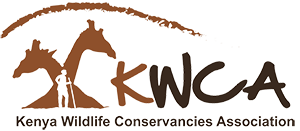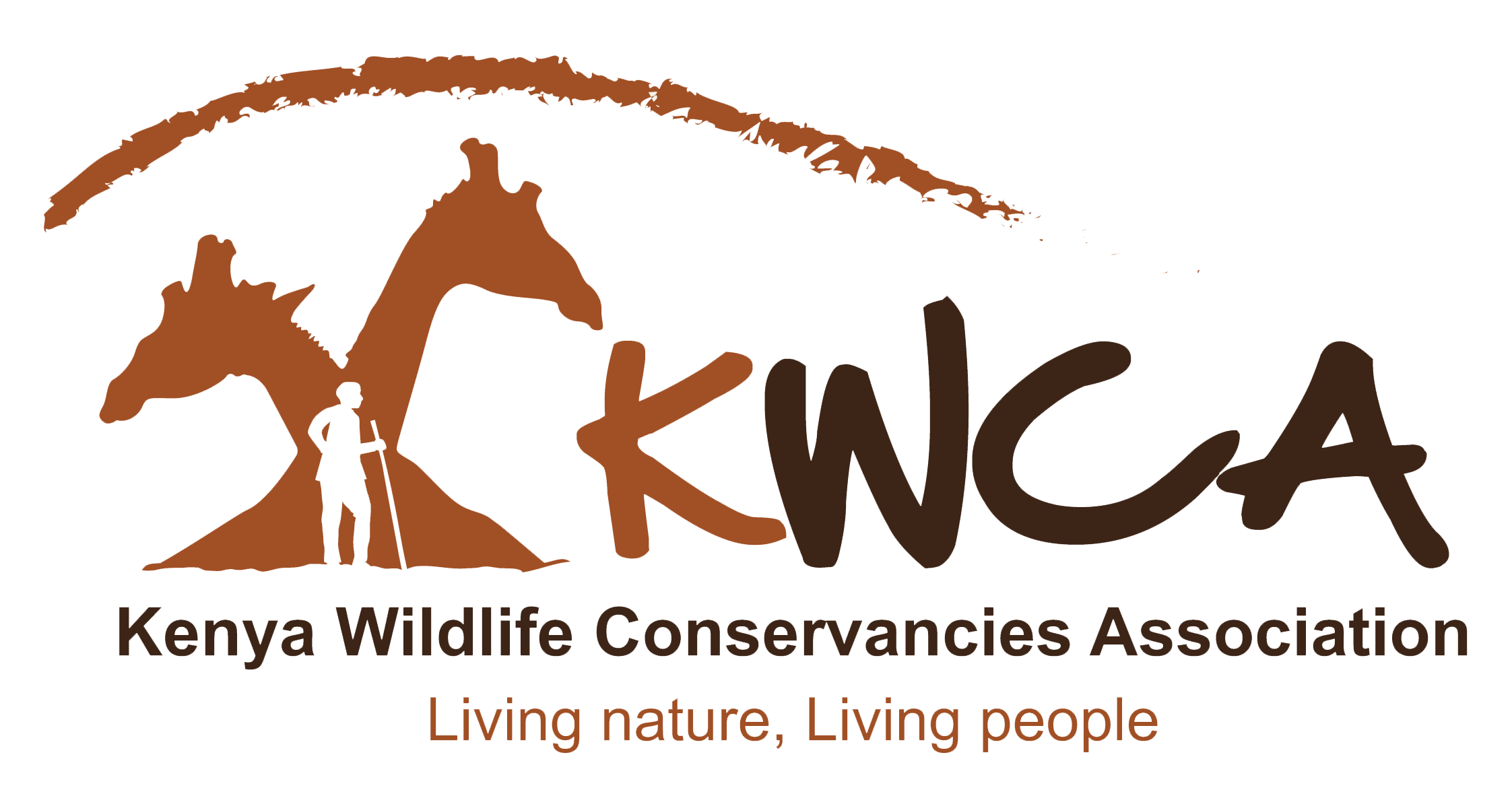Consultancy Opportunity: Feasibility study to assess the current status of the conservancies in Northern Kenya (Dabel, Elle Dimtu, Darathe and Buluk) and to facilitate their formal registration with the Kenya Wildlife Conservancies Association and the Kenya Wildlife Service
Background
Kenya Wildlife Conservancies Association (KWCA) is a national membership organisation, established in 2013 to serve the collective interests of community and private conservancies. KWCA recognises that conservancies represent a strong mechanism to promote wildlife stewardship and custodianship by local communities and landowners that share land with wildlife. We help to catalyse the conservancy network to ensure conservancy coverage is expanded, and conservancies are effective and thriving, benefiting people and wildlife.
The County government of Marsabit established four community conservancies in 2015 in Dabel, Elle-dimtu, Derathe and Buluk regions located in the Northern part of the County. The communities in these four conservancies established a governance structure and a total of 33 community scouts were recruited from the local community on casual basis supported by the County government. Further, these conservancies were also equipped with three vehicles and the community scouts were provided with basic kits such as uniforms, tents and assortment of equipment to enable them conduct daily patrols.
A number of community engagements were also held to sensitise the local communities on the process of conservancy registration and various legal framework that are required to be fulfilled to ensure that these conservancies are formally registered. However, some of these processes were not completed and the current status of these conservancies remain unknown. Anecdotal information shows that the area now experiences rampant wildlife poaching and the conservancy governance structures are no longer functional.
Thus, it is imperative to establish the current status of these conservancies and to identify the existing barriers with the view of supporting them to finalise formal registration and become functional conservancies for the benefit of biodiversity conservation and to enhance the livelihood of the local communities.
Purpose of the consultancy
KWCA has partnered with WWF-Kenya through the Pachyderm project to carry out an assessment on the current status of the four conservancies, establish their suitability for biodiversity conservation and identify the gaps that inhibit them to conform to the legal requirements under Kenyan law governing Conservancies. KWCA seeks the services of a consultant to undertake the feasibility assessment for the above conservancies.
Scope of work
Working in close collaboration with KWCA, the consultant shall;
- Conduct a desk top review on the relevant legal framework and best practices for conservancies in Kenya. including relevant provisions on the Constitution of Kenya 2010, The Companies Act, The Wildlife Act 2013, The Water Act 2002, EMCA 1999/ amended in 2015, County Integrated Development Plans, County Spatial Plan and any other relevant documents;
- Engage the relevant department of the county government to identify past and existing plans regarding conservancies in Marsabit and the above conservancies including documenting past support to the conservancies;
- Interrogate any existing agreement/arrangements between the Conservancy and the communities on whose land the Conservancy sits on including the relevance of past established governance structures;
- Assess the extent to which the conservancies governing documents (articles of association, registration documents, legal and tax compliance status) conform with the Wildlife Act 2013, other legal instruments pertaining to wildlife and environment, and good practices in conservancy governance;
- Assess the functionality, legal mandate and recognition of the conservancy management committees, sub committees and any existing management actors;
- Assess the current status of the land, transition or compliance with the Community Land Act 2016 and the legal mandate of the governance committees in the management of the land and natural resources;
- Investigate stakeholder perceptions on conservancies in the county, their drivers and considerations necessary in developing conservancies within the county;
- Document key social, ecological and economic statistics on the conservancies to describe the conservancy’s potential, current challenges and opportunities based on relevant KWCA conservancy data indicators;
- Source maps and GIS shape files showing the general geographical location of the conservancies;
- Collate information and support the conservancy governance teams to fulfil KWCA membership and KWS registration requirements;
- Recommend a suitable governance system model with officials and the community that includes mainstreaming women and youth into the conservancy governance structure;
- Recommend a roadmap and action plan through which the conservancies may be supported to become operational.
Feasibility Study Approach
In undertaking this exercise the consultant shall consult widely with all relevant stakeholders and adhere to the following approach;
- Adhere to the principles of Free Prior and Informed Consent and carefully consider the Environment and Social Safeguards in the formation of this conservancy.
- Hold discussions with the Conservancy management boards, the conservancy/community members, conservation partners and relevant government agencies.
- Hold a validation workshop before final production of the report to seek input and comments from the conservancy management committees
Methodology
Some of the pertinent questions for the Consultant will be but not limited to the following;
- Are the four proposed areas feasible for a fully functional conservancy? What is the current status for each of the conservancies? How has this changed over time?
- What are the problem(s) and solution(s) that the conservancy were designed to address?
- What are the challenges, barriers or factors that have hindered the conservancies from becoming functional.
- Do these conservancies have existing articles of association? Does it bring out the actual reality of community conservation as currently practiced in Kenya? Do the articles of association reflect the membership base of the land owning in the conservancies? Does the articles of association adequately cover legal arrangements between the conservancy and the land owners whose parcels the conservancy is located? Do the articles of association conform to the constitution of Kenya 2010, the Wildlife act 2013 and any other relevant written law of the republic of Kenya?
- What is the existing land coverage (Ha.), land-tenure, land ownership, land uses, land related conflict and any land related issue to be addressed for the conservancies?
- Are there legal gaps in the setup of the Conservancy structures that are required to drive the realisation of the conservancy objectives?
- What statutory documents does this conservancy require to conform to the legal framework governing the formation of conservancies in Kenya?
- What support do the conservancies require to become operational and from whom?
Deliverables
- Feasibility report
- Revised articles of association that will be used to register the conservancy either as a Trust, Company or other relevant institution as desired by the conservancy members with the advice of the consultant
- A governance structure for each conservancy
- A map and shape files for each conservancy
- An approved conservancy organogram and administrative structure-should clearly show the roles and mandate of the management committee and the board.
- KWCA registration certificate
- KWS registration certificate
Time Frame
This consultancy is estimated to take forty five (45) upon signing of contract.
Submission of Proposal
The proposal should demonstrate sound knowledge, technical skills and capacity as required by the nature of work of the assignment and understanding of the requisite tasks set forth in the scope of work.
Eligible consultants should submit the following;
- Technical and financial proposals
- Date and activity schedule
- CV of designated personnel
- Recommendations from previous assignments
The proposals should be emailed to [email protected] by Friday 5th November 2021.

